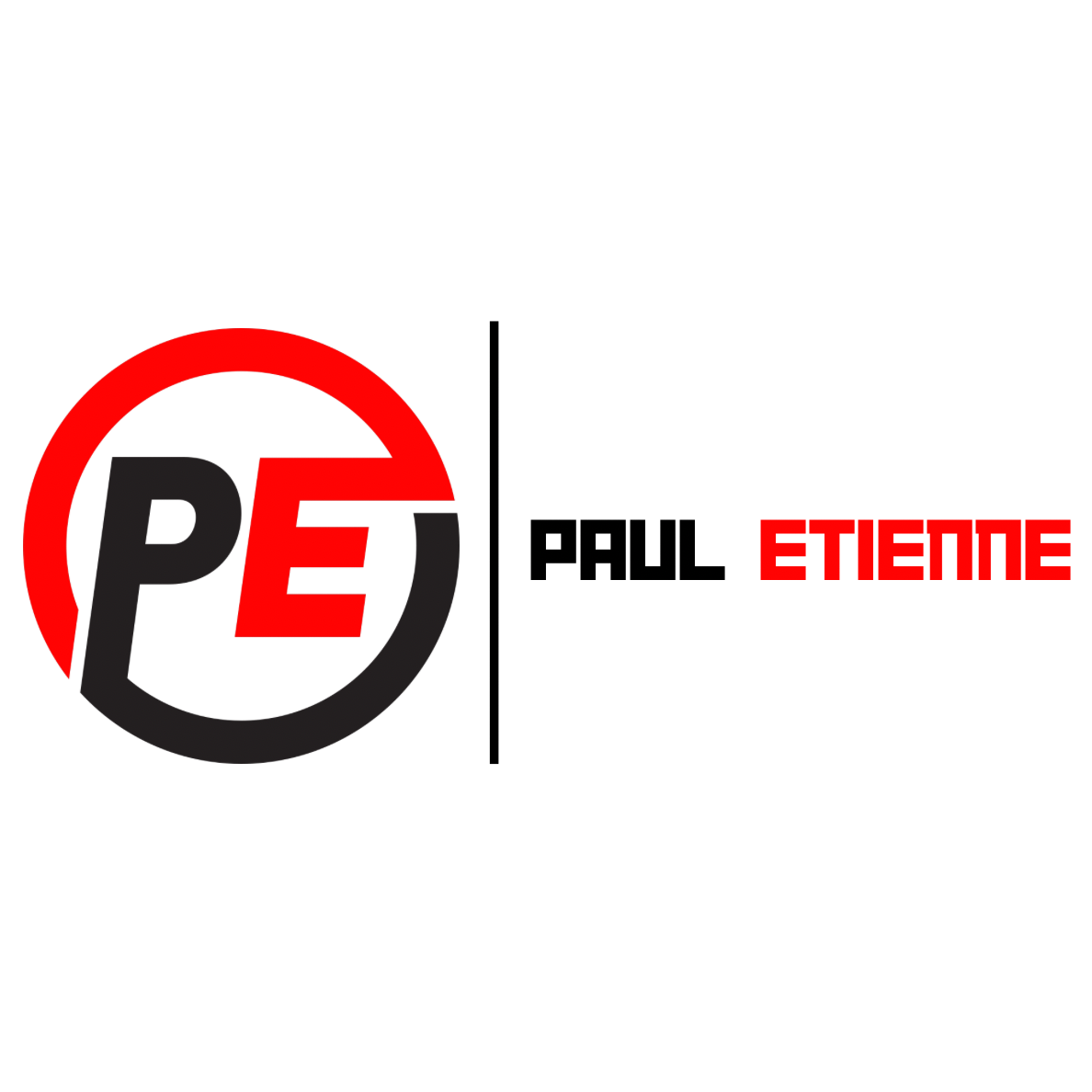Effective financial management is the backbone of any successful organization. In today’s digital age, there is a plethora of financial management tools available that can streamline processes, enhance accuracy, and provide valuable insights. In this article, we will explore essential financial management tools that every organization should consider incorporating into their operations.
1. Accounting Software:
Accounting software is the foundation of financial management. It simplifies tasks such as bookkeeping, invoicing, and expense tracking. Popular options include QuickBooks, Xero, and FreshBooks. These platforms offer various features tailored to different business needs.
2. Budgeting and Forecasting Tools:
Accurate budgeting and forecasting are crucial for sound financial planning. Tools like Adaptive Insights, Anaplan, and Microsoft Excel enable organizations to create detailed budgets, analyze financial data, and project future expenses and revenue.
3. Expense Management Systems:
Managing expenses efficiently is vital for controlling costs. Expense management tools like Expensify, Zoho Expense, and Concur simplify expense reporting, approval workflows, and reimbursement processes.
4. Financial Analytics and Reporting Software:
To make data-driven decisions, organizations need access to robust analytics and reporting tools. Solutions like Tableau, Power BI, and Google Data Studio help visualize financial data, identify trends, and generate insightful reports.
5. Payroll Software:
Payroll processing can be complex and time-consuming. Payroll software such as Gusto, ADP, and Paychex automates payroll calculations, tax filings, and compliance, reducing errors and ensuring timely payments to employees.
6. Invoice and Payment Processing Systems:
Efficient invoicing and payment processing enhance cash flow. Tools like Bill.com, PayPal, and Stripe simplify invoicing, receive online payments, and manage accounts receivable.
7. Financial Planning and Analysis (FP&A) Tools:
FP&A tools like Host Analytics and Planful provide advanced financial modeling capabilities. These tools enable scenario planning, variance analysis, and strategic financial decision-making.
8. Inventory Management Software:
For organizations dealing with inventory, inventory management tools like TradeGecko, Zoho Inventory, and Fishbowl help optimize inventory levels, reduce carrying costs, and prevent stockouts.
9. Tax Management Software:
Tax compliance is critical. Tax management software such as Avalara and TaxJar automates tax calculations, filing, and reporting, ensuring accuracy and compliance with changing tax laws.
10. Financial Security and Compliance Tools:
Protecting financial data and ensuring regulatory compliance is paramount. Solutions like Netwrix Auditor and SecureWorks provide cybersecurity and compliance monitoring to safeguard financial information.


